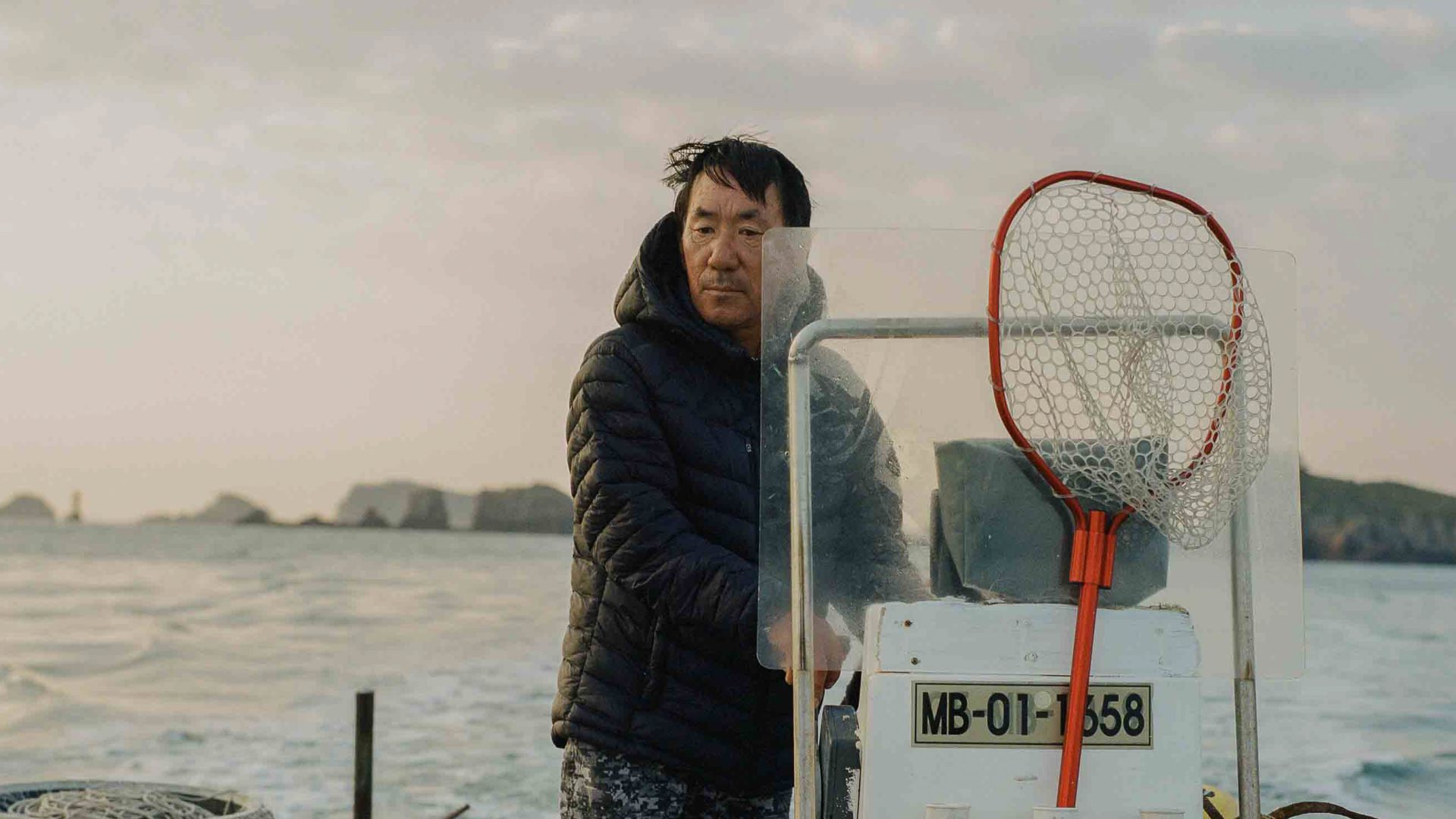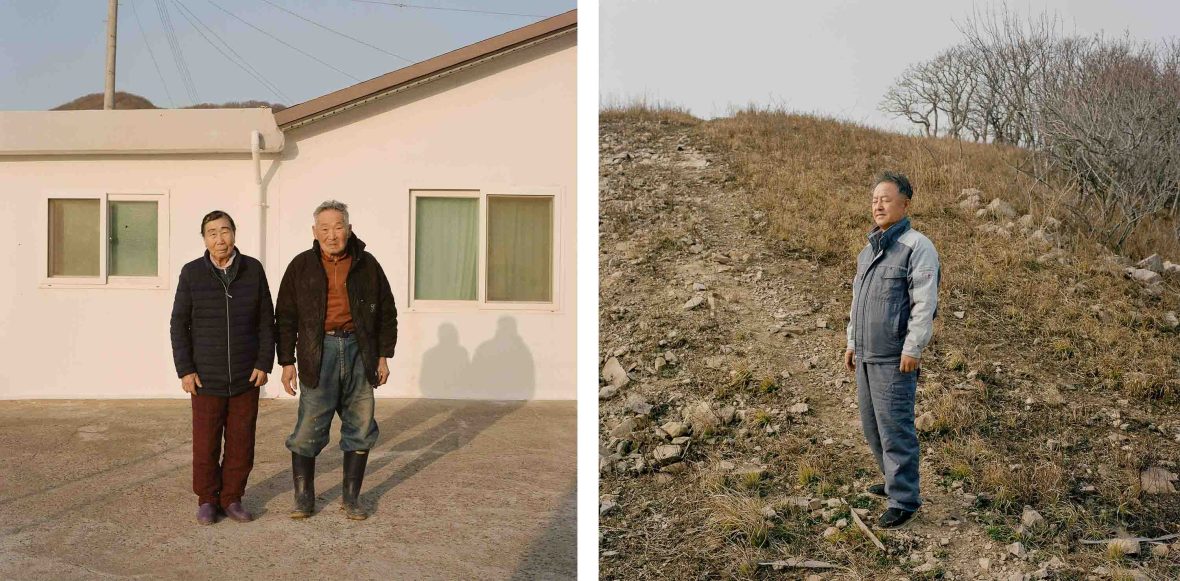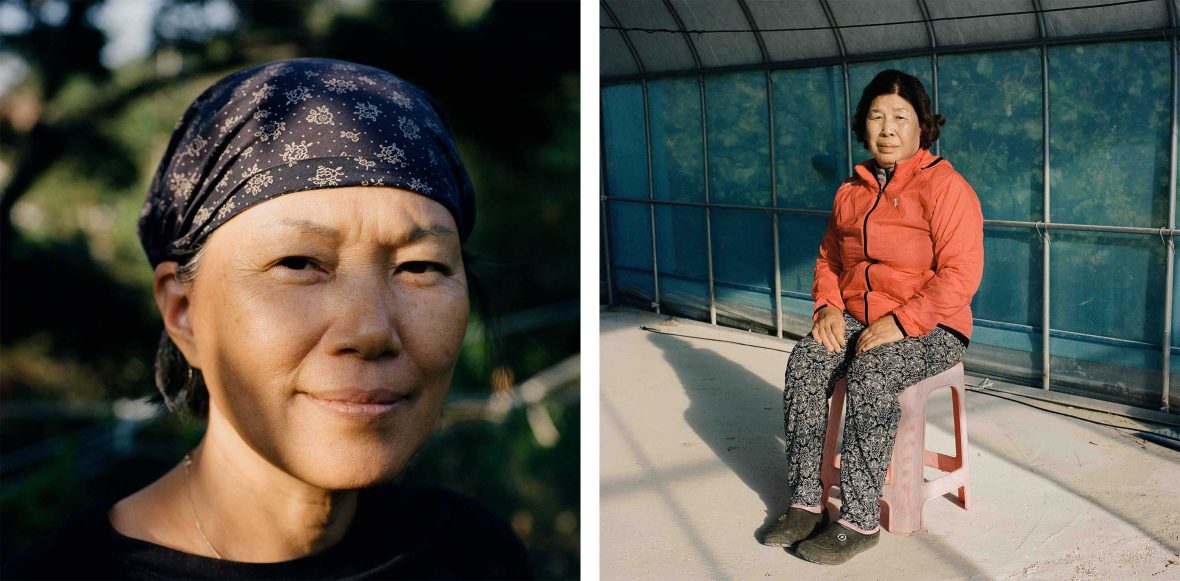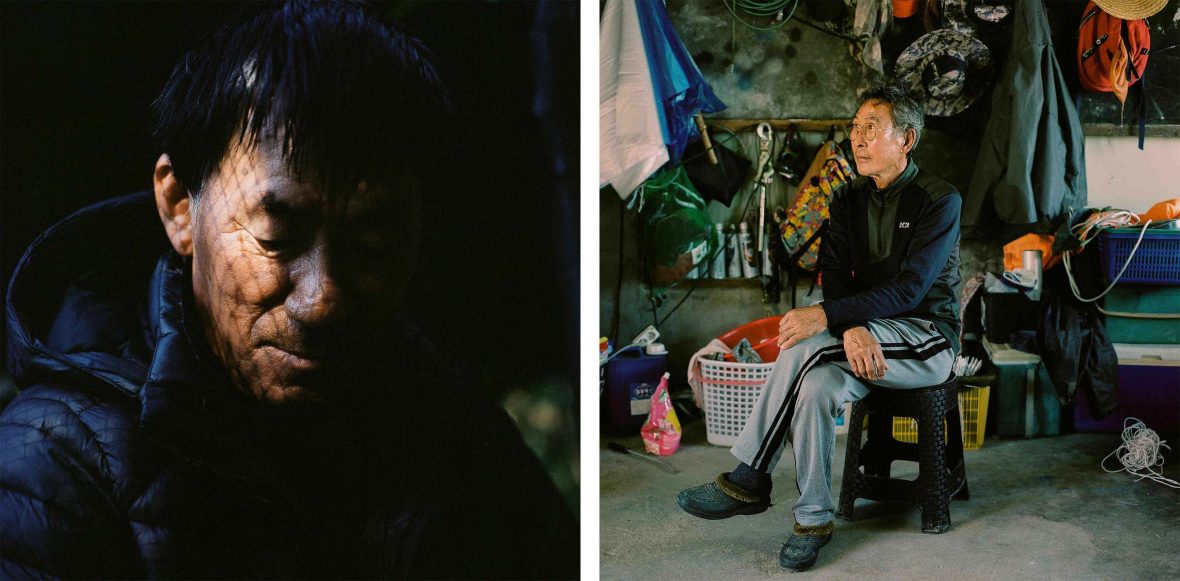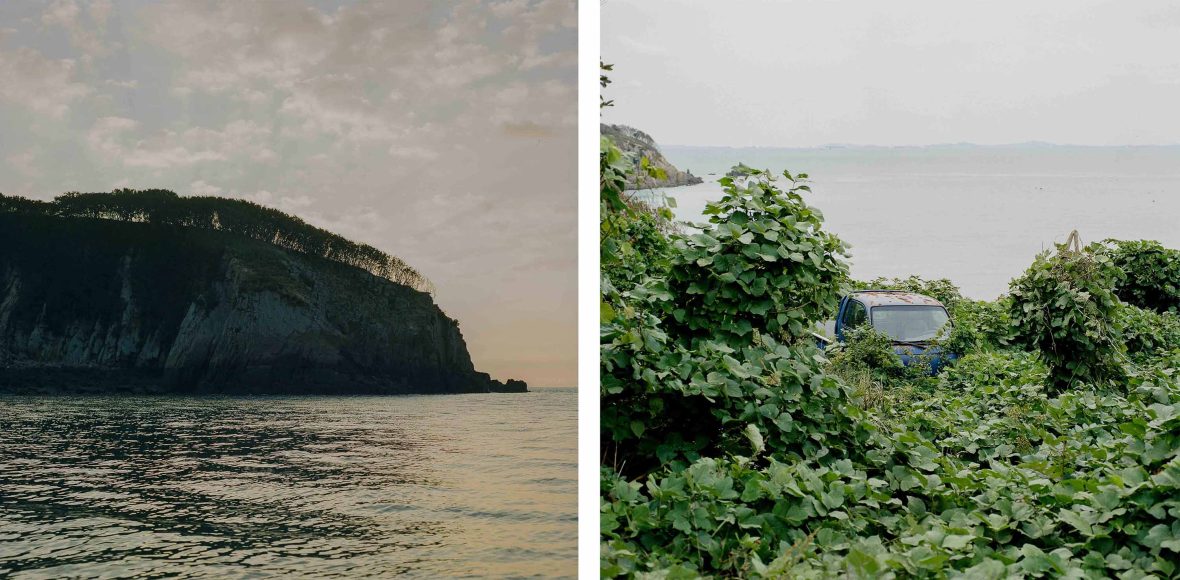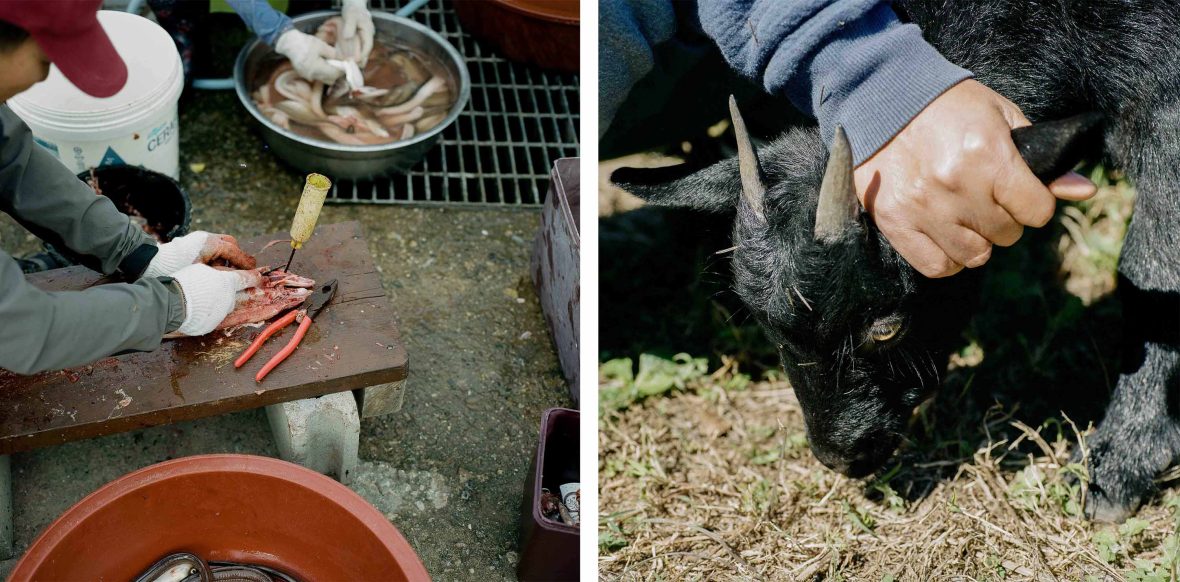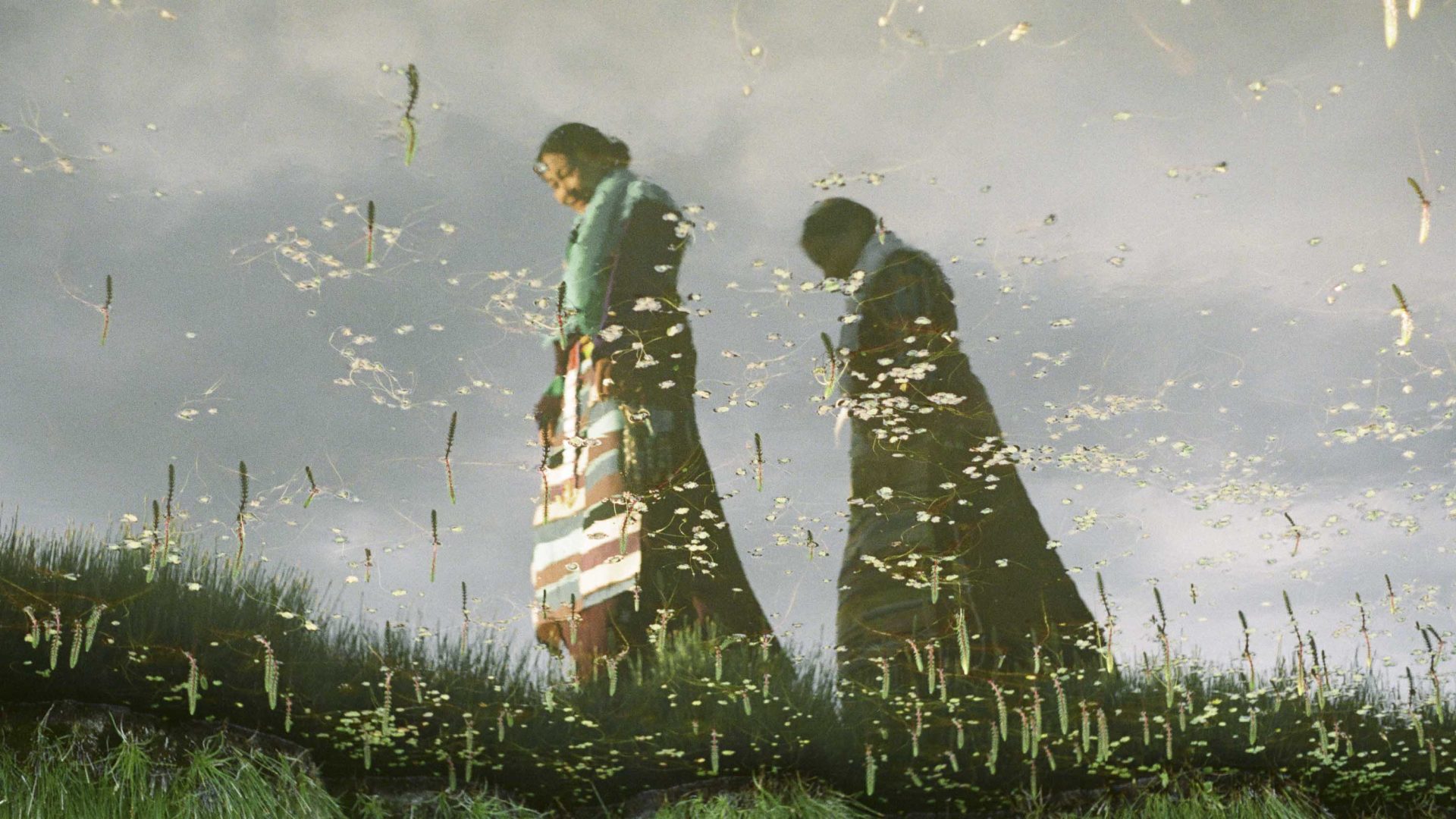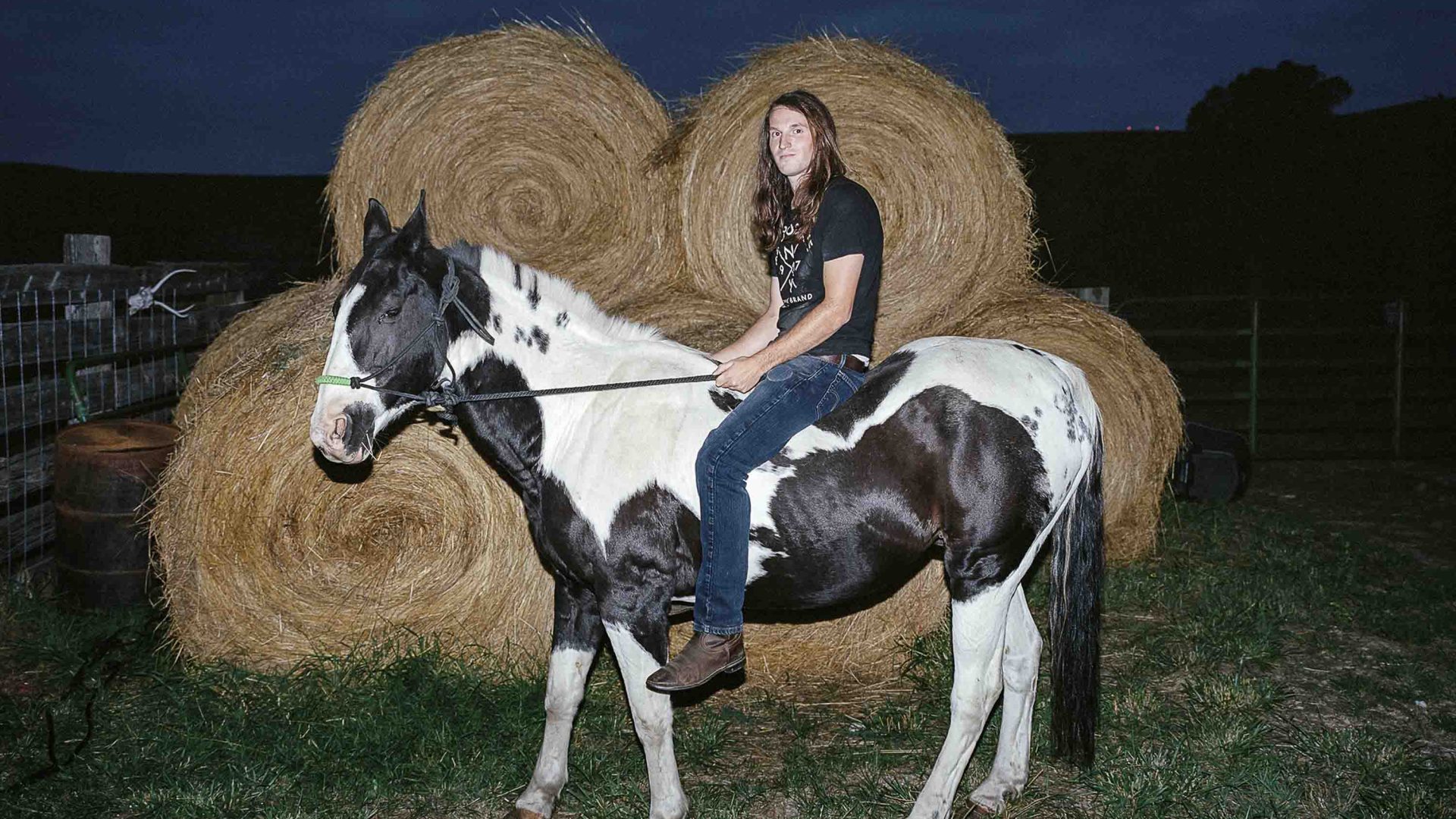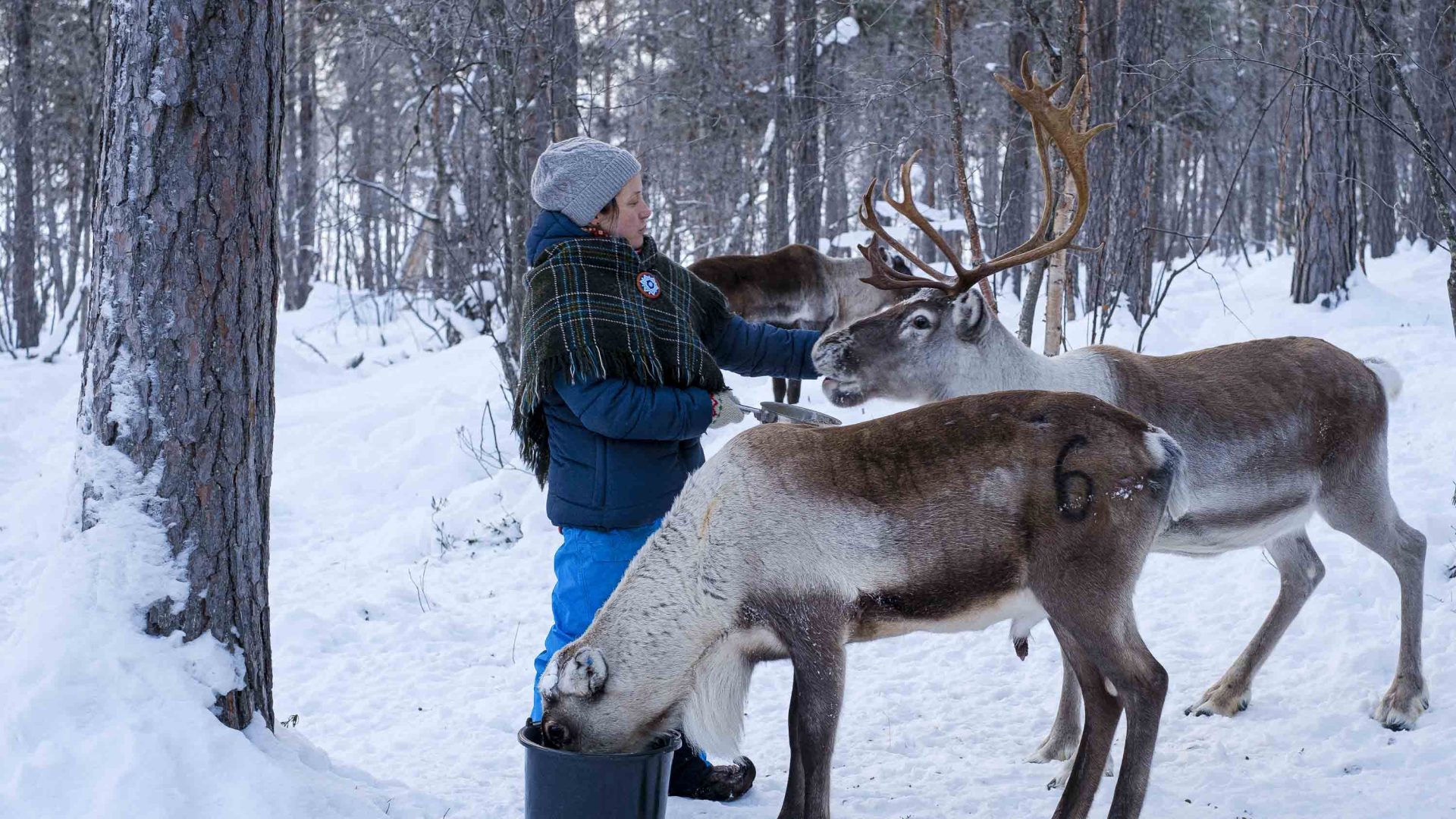South Korea’s population has continued to age while fertility rates have dropped to unprecedented lows following the 1960s era of rapid industrialization. The impact of this decline is now readily visible in rural towns across the country. Villages previously home to robust communities dedicated to the agricultural industry are now marked with abandoned houses and rusted infrastructure. It’s rare to see a car traveling along the backcountry roads that carve through the green hinterland.
Research shows that much like transnational migration, rural-urban migration leads to acculturation. Acculturation is defined as the “cultural modification of an individual, group, or people by adapting to or borrowing traits from another culture.” This can manifest as replacing or modifying societal or cultural characteristics such as dress, language, religion, labor, and customs. The more acculturation the world experiences, the less diverse and the more monolithic we become as a species. Preserving culture can mean preserving small-town life in places many of us will never visit.
As the median age of Jido Island’s few remaining residents approaches 80, Kyeong Jun considers the reality of community loss where the issue is most visible. Not so long ago, Jido’s population was five times the size it is now. It even had an elementary school. Nowadays, most residents have moved to the mainland or passed away. Kyeong Jun notes that the number of cats on the island outnumbers its human population.
